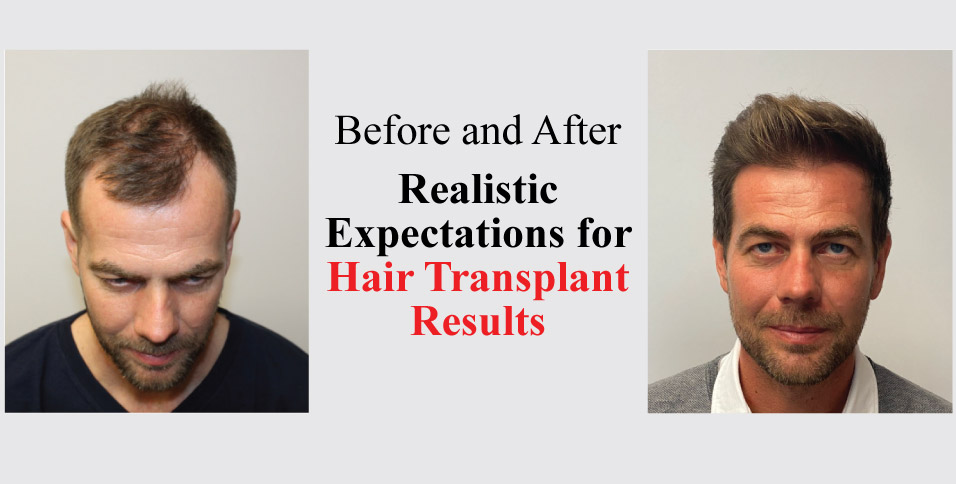When it comes to hair restoration procedures, the popular hair transplant turkey methods have been making waves across the globe. But before you dive headlong into opting for this potentially life-changing procedure, it’s crucial to understand what to expect realistically before and after the treatment. This knowledge will help you assess whether this treatment aligns with your personal hair goals and what you can anticipate in terms of results.
Before the Hair Transplant
Before embarking on your hair transplant journey, it’s worthy to set practical expectations. To begin with, understand that results vary from person to person based upon various factors. These include the severity of hair loss, the quality of the donor hair follicles and your overall health condition. Having a detailed discussion with your hair restoration specialist can help set a vivid picture of what you can expect. Moreover, the age and lifestyle choices of the individual also impact the overall success rate of the hair transplant.
Immediately After the Procedure
Immediately following a hair transplant, you may notice small scabs forming around the planted follicular units. They should naturally fall off within a week. However, it’s essential to note that your hair won’t start growing instantly post-procedure. You may notice shock loss, which refers to temporary hair loss in the first few weeks after the surgery. This is a normal part of the process, and new hair growth should soon replace the lost hair.
Long-term outlook
In terms of long-term outlook, your transplanted hair will begin to grow approximately three to four months post-procedure. The growth will continue steadily over the following months, and around six to nine months later, you’ll begin to observe significant hair growth. However, the final results should be visible only after a year or longer.
Still, remember that hair transplant surgeries do not necessarily mean a complete end to hair loss. And it doesn’t guarantee a head full of hair either. In some cases, multiple transplant sessions may be necessary to achieve the desired hair density. Furthermore, some individuals may have to continue medications to prevent further hair loss.
Conclusion
In wrapping up, it is important to remember that a hair transplant is not a magic wand that yields immediate or drastic results. It is a process that requires patience and realistic expectations. Setting an open conversation with your hair restoration specialist about your hopes and aims can steer you to a satisfying outcome. Moreover, leading a healthy lifestyle, eating a balanced diet and adhering to recommended hair care can further enhance the success of your hair transplant.
Also Read: 5 Common Causes of Hair Loss in Men















